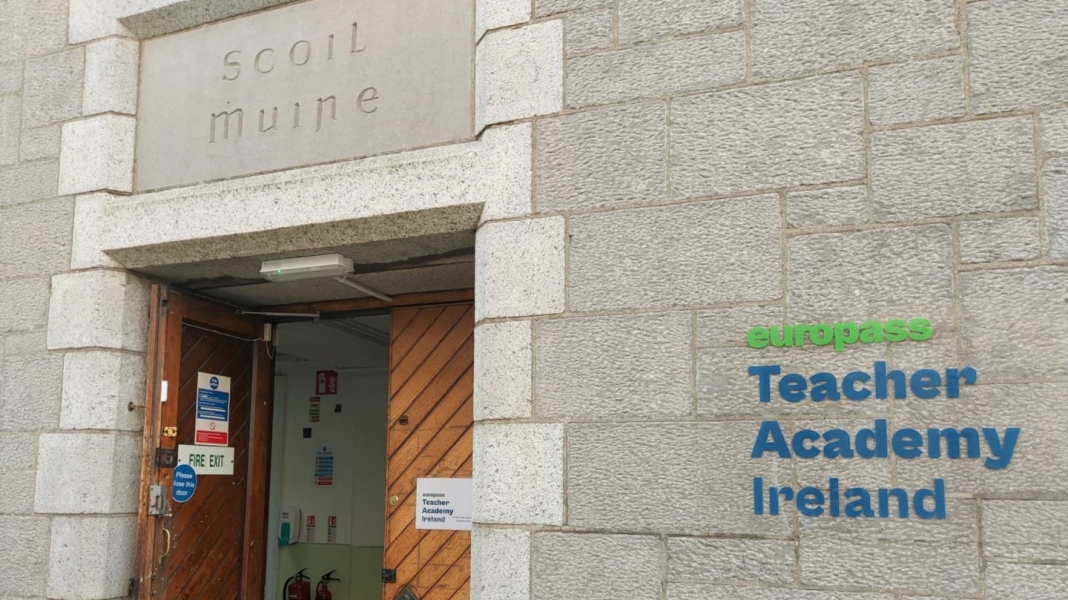Erasmus + Dublin Programme - how a language determines learning
The Philosophy for Children and Young Adults teacher and facilitator, Laurinda Silva, was recently in Dublin, under the Erasmus + programme, attending the English Language & CLIL (Content and Language Integrated Learning) course. Promoted by the Europass Teacher Academy and delivered by trainer Hellen Callanan, it addressed "some language teaching techniques, at different levels and/or ages, with the use and exploration of images taking up a good part of the course."
Realizing the European spirit of sharing knowledge and cultures, the course took place under maxims such as "if words translate, the same is not true for the concepts" and "attending an Erasmus course implies an ability to approach forms of action". As such, in a session, the different types of learning which are strongest in each student should be called upon (the "what"; "how"; "why", "what if?"), thus a problematic proposal ought be put forward to be motivating. Therefore, desirably, following Bloom's taxonomy, higher levels such as Evaluation and Creation will be achieved.
According to Laurinda Silva, "Hellen Callanan was fundamental in the way she approached the different problems that arose. Her background (and her irreverent character) allowed us to discuss some very interesting issues, such as how language determines our worldview, our way of thinking, and our decisions. With a background in law, the trainer was fascinated by languages and the power they have in the judicial sphere (especially in arch Anglo-Saxon countries, where the reliance on argumentation and jurisprudence is more evident)."
"The same kind of problem is often present in Philosophy for Children and Young Adults sessions", she adds, "where thinking in Portuguese or English (or in some other language than our own) can lead to different considerations about a given subject."
"Thus," the teacher further mentions, "just as we read different authors to support our theses, and just as we call upon different types of learners to solve a problematic situation, so too we must listen to the Other, (in this case, the other, with a different language and culture) to attain knowledge."






